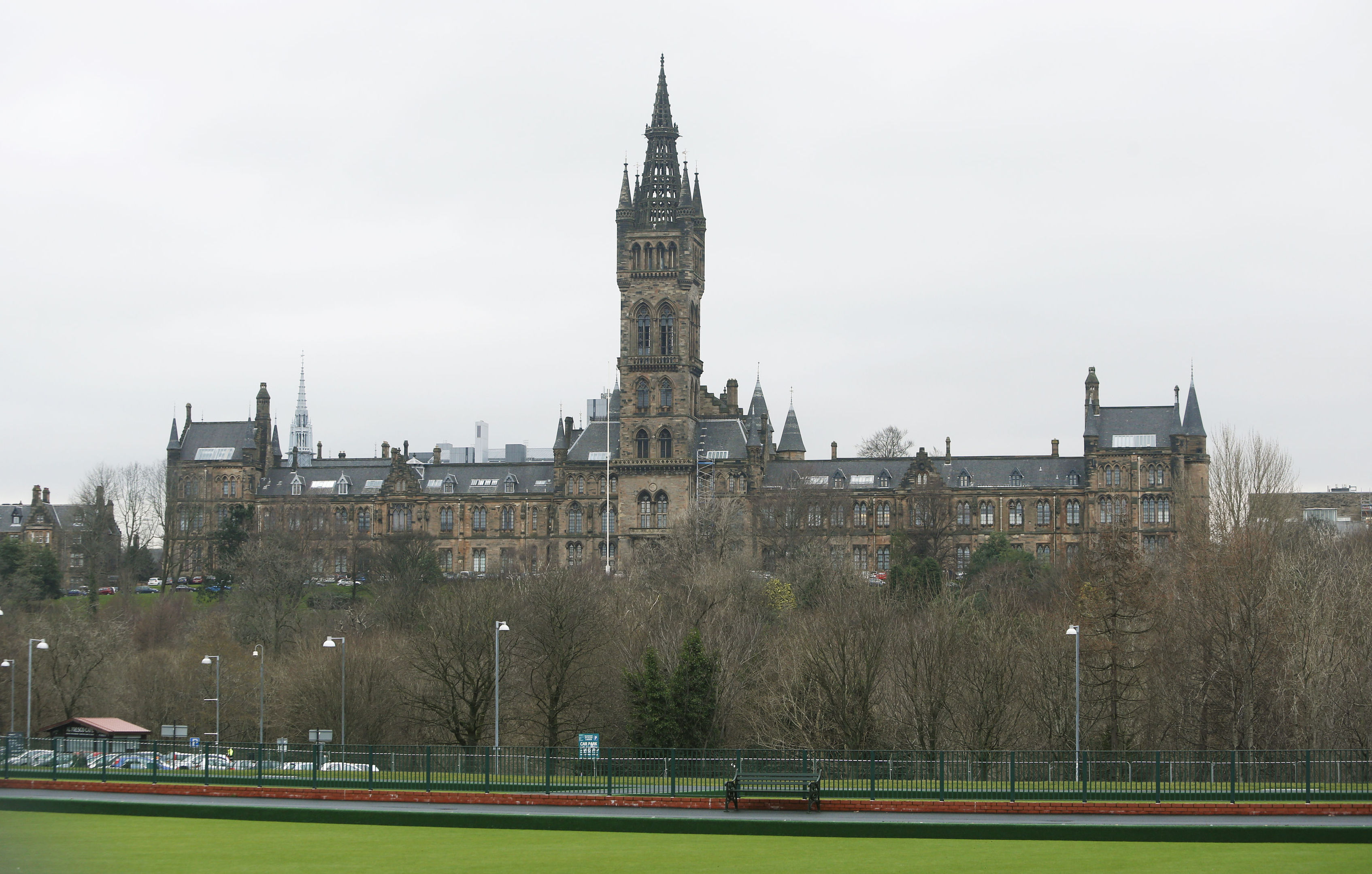
RESEARCHERS are working to develop tailored treatments for men with prostate cancer in a “first of its kind” project.
Led by a team from the University of Glasgow, the study will tailor treatments for men based on the genetic make-up of their cancer and has the potential to extend the lives of 9,000 men every year in the UK, scientists say.
Prostate cancer is the most common cancer in men, with more than 47,000 new diagnoses every year across the country.
Around a quarter of those are diagnosed after the cancer cells have spread to other parts of the body, reducing the chances of successful treatment and survival.
A precision medicine approach is already used for women diagnosed with advanced breast cancer and Prostate Cancer UK has awarded £1.4 million to fund a similar scheme, involving researchers based in Glasgow, Belfast, Manchester and London.
The project has been described as a shift from the traditional “one size fits all” approach to treatment in identifying what drives an individual man’s cancer and the drugs to prevent its spread.
Dr Iain Frame, director of research at Prostate Cancer UK, said: “Every man’s prostate cancer is unique to him and so not surprisingly the way men respond to treatments varies enormously.
Signs of pancreatic cancer often not taken seriously, charity says
“Clinicians are in effect left to treat patients ‘in the dark’ – with little idea as to which treatments will work best for which men.
“However, this new research programme could be game-changing, providing clinicians with the much clearer picture they desperately need.
“It will enable them to go straight to the right treatment for each individual man, saving precious time for those men who often have little time left.”
Men diagnosed with advanced prostate cancer are typically treated with hormone therapy drugs followed by life-extending treatments.
The new study will focus on men with advanced prostate cancer before it has become resistant to hormone therapy.
The study is co-funded by Prostate Cancer UK, the Movember Foundation and the Distinguished Gentleman’s Ride.
It hopes to identify changes in the DNA of prostate cancer cells not yet resistant to hormone therapy and and establish which drugs best target the changes.
Dr Robert Jones, professor of clinical cancer research at the University of Glasgow, said: “Prostate cancer affects every patient in a different way and on many levels.
“Some of these differences are due to the different biological make-up of the tumour itself which varies from one individual to the next.
“Current treatments don’t take these biological differences into account, which probably explains why they work less well in some than others.”

Enjoy the convenience of having The Sunday Post delivered as a digital ePaper straight to your smartphone, tablet or computer.
Subscribe for only £5.49 a month and enjoy all the benefits of the printed paper as a digital replica.
Subscribe